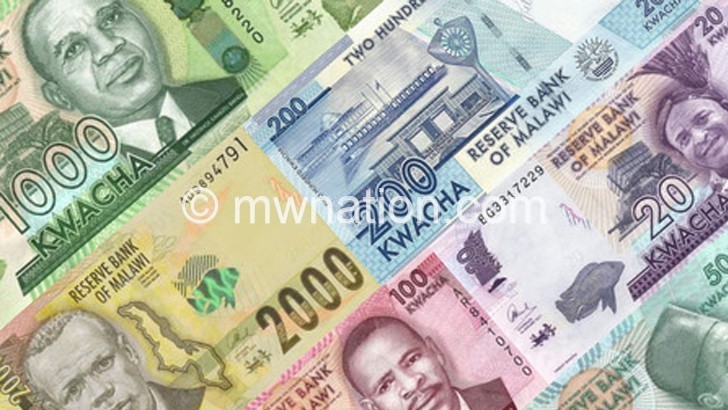Kwacha among worst performers
The World Bank has rated the kwacha among the four worst four performing currencies in the region in 2023, alongside the Nigerian naira, Angolan kwanza, and South Sudanese pound.
In its April publication of the Africa’s Pulse, the bank observes that food inflation and the weakening of domestic currencies are still major drivers of inflation across countries in the region, and has called for the monetary policy stance to remain restrictive.

Reads there port in part: “Most currencies in Sub-Saharan Africa were weakened in 2023 as a result of tighter [global and domestic] financial conditions and a strong dollar.
“…the depreciation of currencies in many African countries resulted from acute shortages of foreign exchange.”
By February 2024, the report notes that about one third of the Sub-Saharan African countries had double-digit year-on-year rates of food inflation, with the fastest increases experienced in Ethiopia, Malawi, Nigeria, Sierra Leone, and Zimbabwe.
Last month, the kwacha weakened by three percent following a foreign exchange auction the Reserve Bank of Malawi (RBM) conducted.
The local currency is now selling at a minimum of K1 751 against the dollar from K1 700 after the 44 percent devaluation in November 2023.
Financial Market Dealers Association of Malawi president Leslie Fatch said the recent three percent depreciation of the kwacha signals continued pressure on the local unit due to a backlog of import bills coupled with the limited foreign exchange supply.
He said: “We have to highlight that the introduction of the forex auctions provides a mechanism for flexibility which would allow the exchange rate to move in response to market forces.
“In the event that supply is lower than demand, we would see the rate depreciating while in the event that the supply happens to outweigh demand, the mechanism allows for the exchange rate to appreciate.”
In a separate interview, Economics Association of Malawi acting president Bertha Bangara-Chikadza said the projected direction of the kwacha will exert extra pressure on inflation, considering that Malawi is a net importer.
She said: “As a predominantly importing country, depreciation exacerbates imported or cost push inflation. As a result, despite easing food prices, non-food inflation may dampen the inflation outlook in the near-term.”
Earlier, the Economists Intelligence Unit warned that the continued depreciation of the kwacha will increase business costs by making imports of raw materials and capital goods more expensive in addition to making businesses’ external obligations unbearable to settlers.






The dollar is at below K26 not this false information here. It is quite performing low but not those figures mentioned above. Nigeria bloggers what is the problem with you?
As an American living in Zambia I am quite pleased with the exchange rate. When I moved to Lusaka, HE Lungu was president and the Kwacha was trading at K22 and that was great. Under HE Hichelema my US dollar goes much farther and I hope the tend continues.